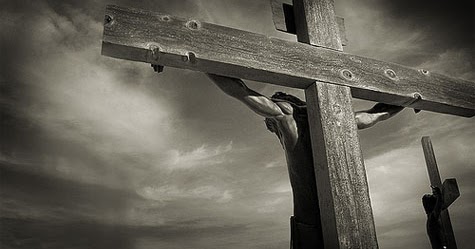(ThyBlackMan.com) Nearly thirty years have passed since I sat in an auditorium at Akron University listening to Dr. Jawanza Kunjufu, a man who would change the trajectory of my life on this particular day. I was unaware that after this date my future status as a “race man” would be solidified. Dr. Kunjufu’s lecture on black males remains in my mind to this very day.
The memorable lecture focused on an educational phenomenon that Dr. Kunjufu termed ‘the fourth-grade failure syndrome’; a theory that African-American males recede from the educational process between the ages of 8 – 13 for a host of reasons; none of which are their fault.
Dr. James Comer, Director of the Yale Child Studies Center, relates that “I first saw the drop-off syndrome when I started working in school development back in the late sixties. It was especially noticeable among students from low-income families, boys in particular.”
Thirty-years after the historic Brown v. Board of Education (Topeka Kansas) knocked down school segregation, Black boys are consistently lagging behind their peers in academic achievement. Educators such as Kunjufu cited the following for the voluminous difficulties Black males’ encounter.
- Single-parent female-headed households
- The absence of a responsible male role model
- White teachers illiteracy of Black culture (speech, priorities, behavior)
- The overwhelmingly white female teacher population
- An absence of ‘high expectations’ for Black male students
Nearly thirty years after the above theories were espoused, the problem remains.
Today’s educators are being assigned the arduous task of unraveling the interlocking factors that have precluded young black males’ engagement with academics.
A 1990 study of Prince George’s County (Maryland), African American children makeup nearly 65 percent of the enrollment, showed that black male pupils performed comparably to boys and girls of all races on first- and second-grade standardized math and reading test. However, by the time they reach the fourth grade, African American boys experienced a sharp decline in scores.
For this discussion to have any hope of success there must first be an admission that the current educational model (white female teachers, integrated schools, dual sex classrooms) has failed to address the needs of African-American males. Also troubling is the dogged-determination displayed by many school administrators that the solution is found in Black males spending more time on task.
So the decades-old question remains, what can be done to prevent the ‘fourth-grade syndrome’? Scholars such as Kunjufu relate that a fantastic start would be the realization that boys, who are most certainly more active in the classroom, have different learning style than girls. It is no accident that Black boys begin to lag behind in the fourth grade, the exact moment that learning becomes more lecture style and much less hands-on. Additionally, there needs to be a serious discussion regarding the inherent biases, if not outright fear, that many white female teachers subconsciously harbor in regards to African-American males. The alluded to background fears go a great measure in explaining the harsh punishments that Black males experience in today’s school system.
A significant investigation that black males disengagement from their coursework is a by-product of a non-reflective and irrelevant school has yet to be done. As an African-American studies professor, I cringe at the thought that so many of my students are arriving in my classroom without ever engaging the writings of African-American scholars.
As if these pernicious issues were not enough, they are accompanied by a highly-flawed manhood construct that threatens to undermine all that black males come into contact with. Even a cursory examination of the current dynamics within any urban community leaves one wondering where black males will learn ‘what a man ought to be and ought to do.’ This context makes the recruitment and employment of African-American male educators a lynch-pin issue in the fight to save black males and uplift a nation that desperately needs their ingenuity and contributions within an ever-changing economy. Unfortunately for young black males, if the dwindling presence of black males seeking to become educators continues, there will be no one coming to save them. The harvest is plentiful, however, the workers are few.
No one really knows what an effective counter-attack will be to the dreaded fourth-grade syndrome. Is the solution found in the growing home school movement? Maybe, it is time for a serious Saturday school or engagement with independent black educational institutions? One thing is certain, the current system is not working for Black boys. It is this unmistakable reality that makes the languishing of black males in the academic arena a national crisis that threatens the very foundation of this nation.
Staff Writer; Dr. James Thomas Jones III
Official website; http://www.ManhoodRaceCulture.com
One may also connect with this brother via Twitter; DrJamestJones.

















Leave a Reply